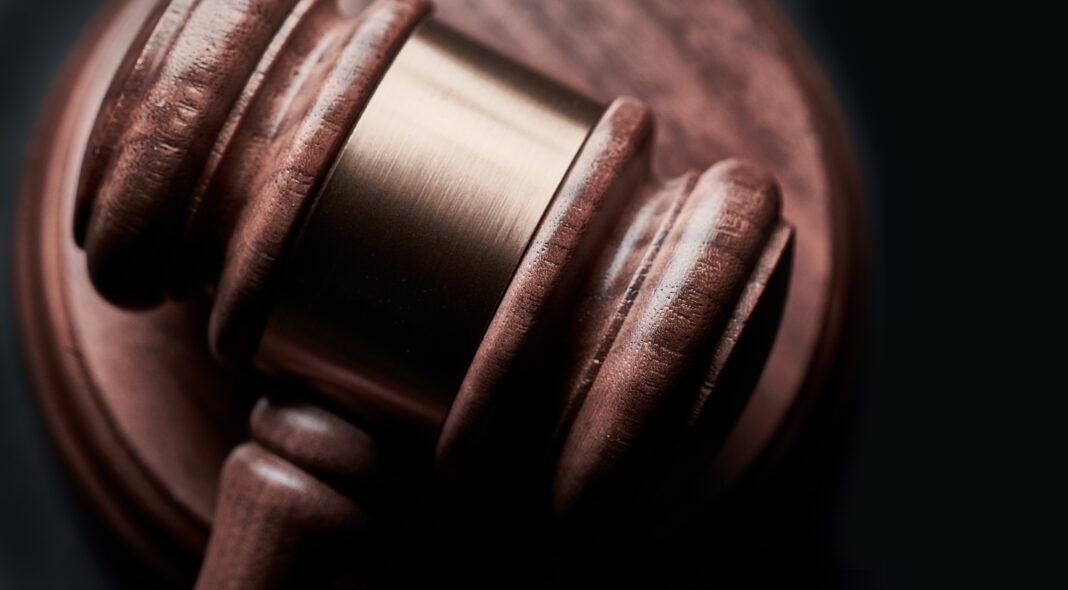CALIFORNIA—A San Francisco federal judge questioned Bayer’s $1.25 billion plan to settle future lawsuits, claiming their subsidiary Monsanto’s herbicide Round Up causes cancer with a scientific panel appointed by Bayer and the plaintiff.
Before the settlement can go into effect, Bayer and the plaintiff’s lawyers need court approval for the $1.25 billion settlement. In an order on Monday, July 6, U.S. District Judge Vince Chhabria said he was “tentatively inclined” to reject the settlement due to questions over legality and fairness.
The primary reason Judge Chhabria is skeptical of the proposed settlement is the panel of five scientists chosen by Bayer and the plaintiff that will determine if future cancer claims from Round Up’s ingredient glyphosate are legitimate, and at what levels. The panel would take up to four years per case to make this decision.
On June 24, Monsanto announced a near $10 billion settlement after 125,000 lawsuits were filed by U.S. residents who allegedly developed cancer after using Round Up or another Monsanto product. The settlement came shortly after three Bay Area trials resulted in $190 million in damages to plaintiffs who developed cancer after using Monsanto products.
Chhabria noted the transition of determining causation, “from judges and juries to a panel of scientists” is “questionable” both in regard to lawfulness and constitutionality.
He also questioned how the proposed settlement would benefit those who have cancer, but have not yet sued Monsanto and those who have not developed cancer, saying, “Thus far, judges have been allowing these cases to go to juries, and juries have been reaching verdicts in favor of the plaintiffs, awarding significant compensatory and punitive damages. Why would a potential class member want to replace a jury trial.”
“Imagine the panel decides in 2023 that Roundup is not capable of causing cancer. Then imagine that a new, reliable study is published in 2028 which strongly undermines the panel’s conclusion. If a Roundup user is diagnosed with NHL in 2030, is it appropriate to tell them that they’re bound by the 2023 decision of the panel because they did not opt-out of a settlement in 2020?” Chhabria said.
Chhabria contrasted the case to NFL players with CTE, where it is easy to notify and identify class members so they may have an adequate opportunity to opt-out of the settlement. He noted that in a class that includes all people who will be diagnosed with cancer in the future due to Round Up is very different.
“The idea that a migrant farmworker or someone who is employed part-time by a small gardening business would receive proper notification (much less the opportunity to consider their options in a meaningful way) is dubious,” said Chhabria.
Chhabria said in the order he will make his final decision after the hearing on July 24, but he assumed Bayer already has a “Plan B” ready.
Bayer said in a statement, “We appreciate the judge’s order raising his preliminary concerns with the proposed class settlement, which we take seriously and will address at the preliminary approval hearing on July 24.”
Fletch Trammel, who represents 5,000 victims not joining the settlement, said this regarding Chhabria’s comments: “He clearly sees the proposed class for what it is — a self-serving attempt by Bayer, with the aid of a complicit law firm, to evade liability for its actions.”
“The bottom line is that as long as Bayer remains unwilling to compensate Round Up cancer victims fairly, it should have to face them in front of judges and juries,” Trammel said.
The Environmental Protection Agency repeatedly found Round Up safe to use. The International Agency for Research on Cancer, an extension of the WHO, found in 2015 that glyphosate, the main active ingredient in Round Up, was a probable cause in the development of human cancer.






